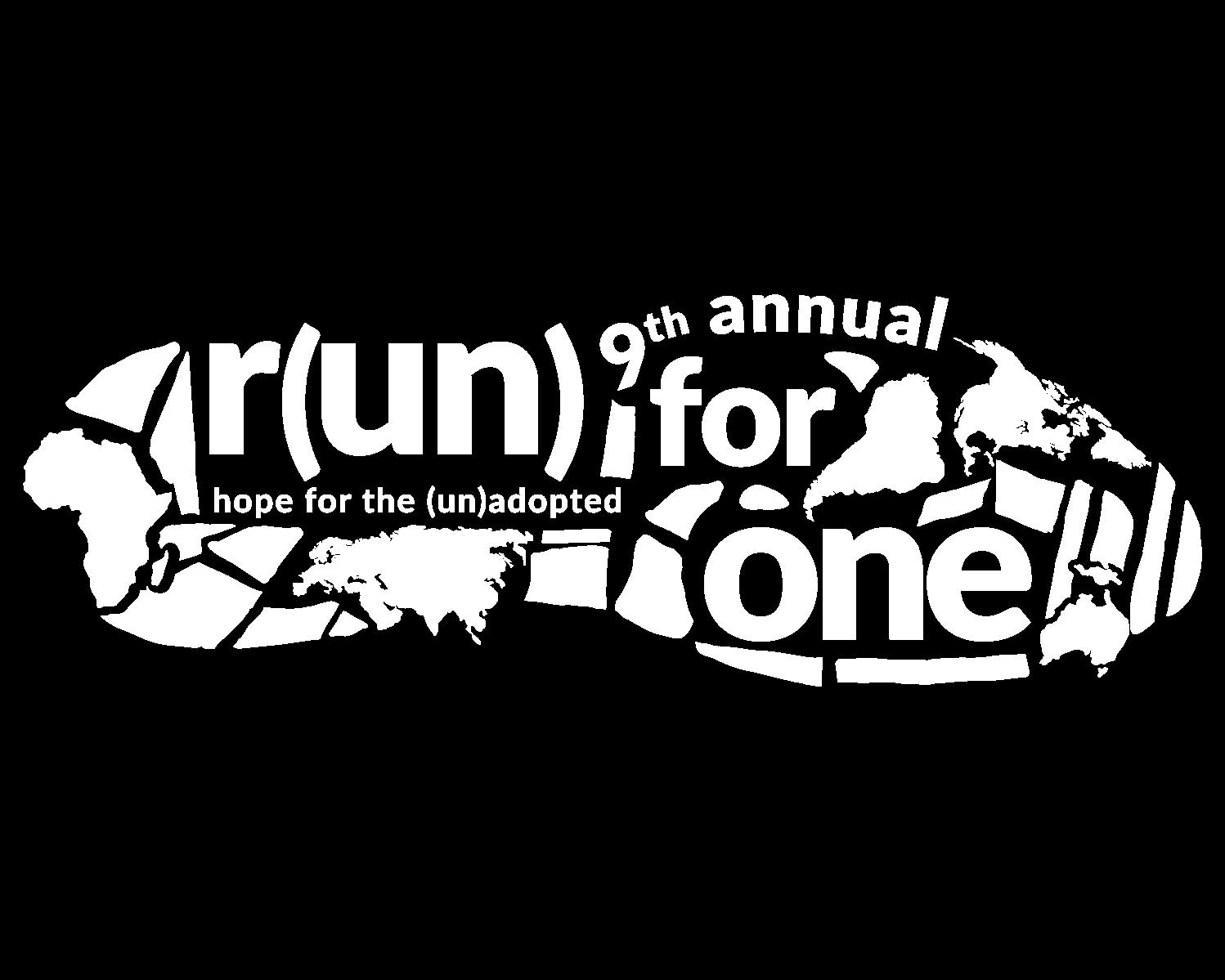
4 minute read
COUNSELING: NOT SHAMEFUL - HOPEFUL
by Neisha Roberts
Big or small, long-running or newly discovered, everyone faces challenges that could benefit from some time in counseling. But just as numerous as the challenges themselves are the reasons why counseling is often avoided: “I don’t have time.” “My child is just fine.” “I don’t want my friends to worry about me.” “My parents don’t think it’s necessary.” “I don’t like sharing my feelings with strangers.” “We can’t afford it.” “I’m ashamed to admit that I need help.” These are all genuine responses children and adults give in order to evade counseling. At the same time, these reasons reflect various stigmas associated with needing therapy. Stigmas definitely do exist and it’s important to acknowledge them, according to Ashley Yeager, one of Lifeline Children’s Services’ family therapists. But it’s important to remember that counseling is not a shameful option; it’s a hopeful option. “People that come to counseling are not messed up and they are not bad people,” Ashley shared. “Counseling is there to help people better themselves and to find the ways in which to do that. It can be for big or little things. Everybody can use counseling to help them think through the things they’re dealing with.”
Advertisement
People might seek counseling for various reasons — financial problems, health issues, changing jobs, loss of a loved one. At Lifeline, we know from experience that families that have adopted domestically or internationally, or care for children through foster care, face unique challenges and often need help. The process of fostering or adoption is always hard, plain and simple. It can create completely unexpected challenges — within a marriage, between siblings, or in the family as a whole. That’s not because a parent or family member has done anything wrong or “failed in their role,” according to Angela Mains, licensed professional counselor and Lifeline’s Counseling Services Program Director. Sometimes parents can feel like they are “not a good enough Christian” or that they “don’t trust God enough” if they choose to seek counseling. The truth is, “kids are coming into families with suitcases and suitcases of challenges that have developed a long time before entering into their forever home,” Angela shared. Parents may be doing everything SOME COMMON FEELINGS ADOPTIVE OR FOSTER PARENTS HAVE:
Mom or dad doesn’t feel attached to their child and feel shame because of it.
Mom or dad feels like someone else would have been a better fit for their child.
The children act differently than anticipated.
right that they know how to do, but this special family dynamic is not necessarily instinctual — it’s most likely not the way they were parented themselves, she said.
NOT ALONE “Parents can often feel so isolated or like they are the only ones struggling. But no, they are not alone. Those feelings are hard … and it’s good to acknowledge it.” It can be intimidating to seek counseling, for reasons listed earlier. Families courageous enough to pursue help will need patience to dive into the very painful areas, while allowing God to heal those that mom or dad or child may not want to expose. At Lifeline, the Counseling & Education team uses various modalities of therapy to help children and adults move together toward healing because one tool doesn’t always work for every family. Therapies include: TrustBased Relational Intervention ® (TBRI ® ), Theraplay ® , Marshak Interaction Method, Dyadic Developmental Psychotherapy (DDP), Play Therapy, Eye Movement Desensitization & Reprocessing (EMDR), TraumaFocused Cognitive Behavioral Therapy (TF-CBT), and Safe and Sound Protocol. The team also offers in-home or in-office intensive therapy services for families that may need more than a one-hour-per-week meeting. Another common roadblock families face is when the child doesn’t want to go to therapy. Ashley encouraged, “It’s totally normal for a teen or older child to not want to come and speak to someone about hard things. We help normalize that and let them know we understand. We welcome that feeling or thought. We know they wish things were different. We try to utilize things like play therapy to help build a relationship with a child first and help them feel safe. We want them to know that counseling can actually be fun.” In the middle of the trials and heartache, the Counseling & Education team most want families to know that counseling is just one more tool in the toolbox for holistic health. “We are on your side and we empathize with the things you’re going through,” Ashley shared.
One alumni mom said of Lifeline counseling, “Knowing there are people on your side who are not judging you but giving grace and helping you make it to the other side … it feels like a hope hug.” If you’re facing challenges today, no matter how seemingly minor or significant, Angela suggests considering how you’ve already addressed the issue and if those steps have been effective. “If you’re repeatedly trying those steps and they are not working for you, it may be good to seek help. Call us so you can hear an outside perspective that may help you process what you’re going through. Remember, as believers, we are not meant to walk through trials alone.” Contact the Counseling & Education team by visiting lifelinechild.org/lifeline-counseling or calling
(205)-967-0811.
8.22.20 CHARLOTTE, NC, TOPEKA, KS AND JACKSON, MS 8.29.20 ATLANTA, GA, BIRMINGHAM, AL, MT PLEASANT, SC, NASHVILLE, TN, PACE, FL, AND RALEIGH, NC


OR R(UN) WHERE YOU ARE™, WHEREVER YOU ARE
$30 5K, $15 1 MILE FUN R(UN)





